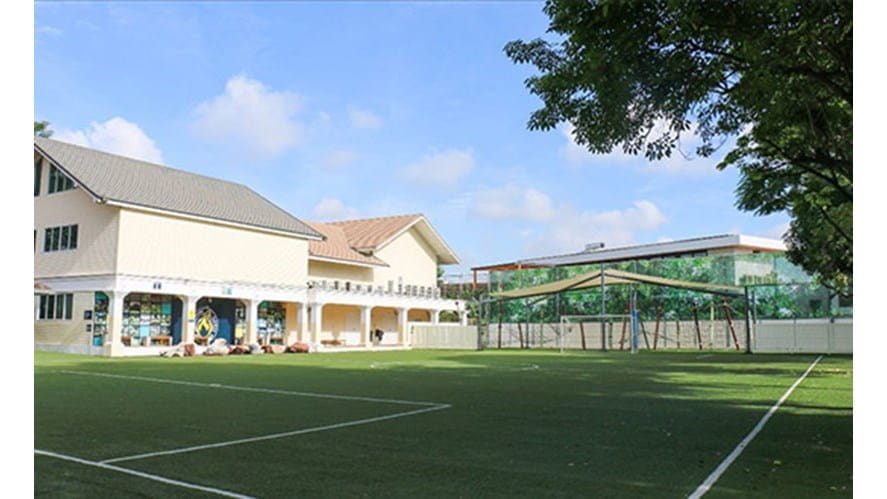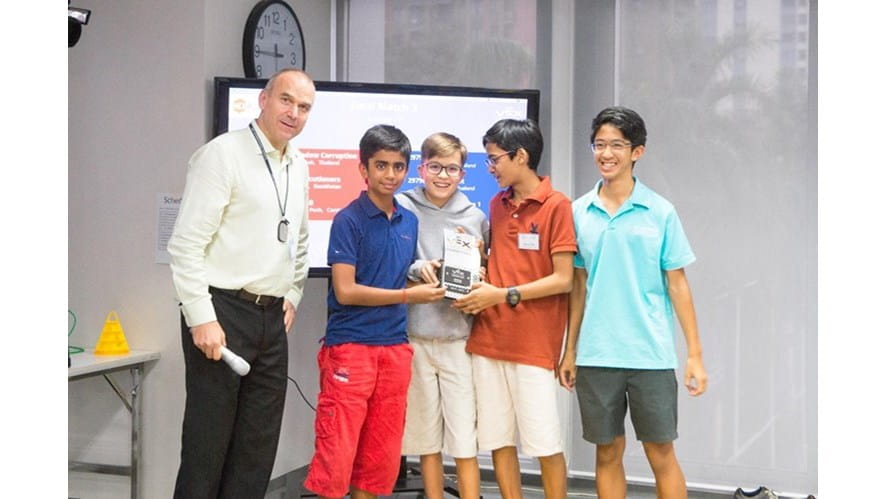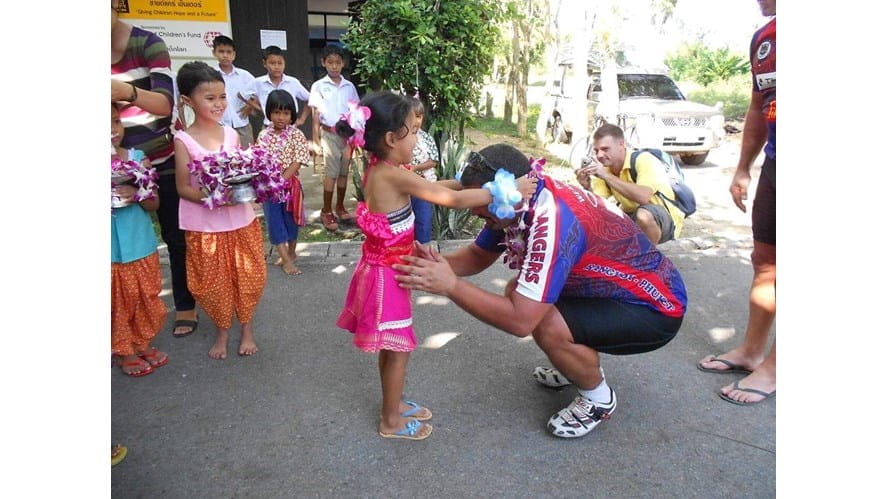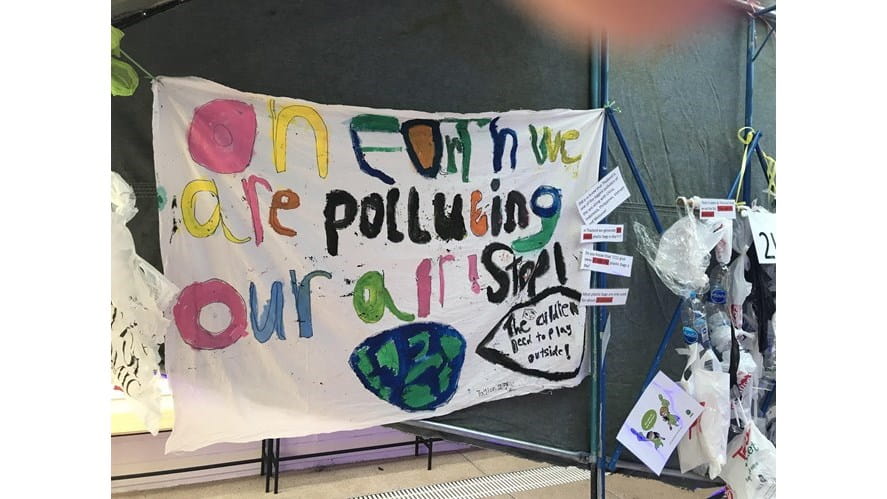Head’s Lines: Covid-19 and Children: Frequently Asked Questions by Dr Erik Fleischman
As we wait for school inspection, our plans for a safe reopening are ready and available for you to read. Part of the plan is to calculate how many children will return to physical school by surveying the STA community. Alongside this, Dr Erik, a new STA parent who has vast knowledge and experience in Infectious Diseases/Regenerative Medicine has been kind enough to review our reopening plans and offer helpful feedback. Also, Dr Erik has provided very useful answers to some frequently asked questions about Covid-19 and children.
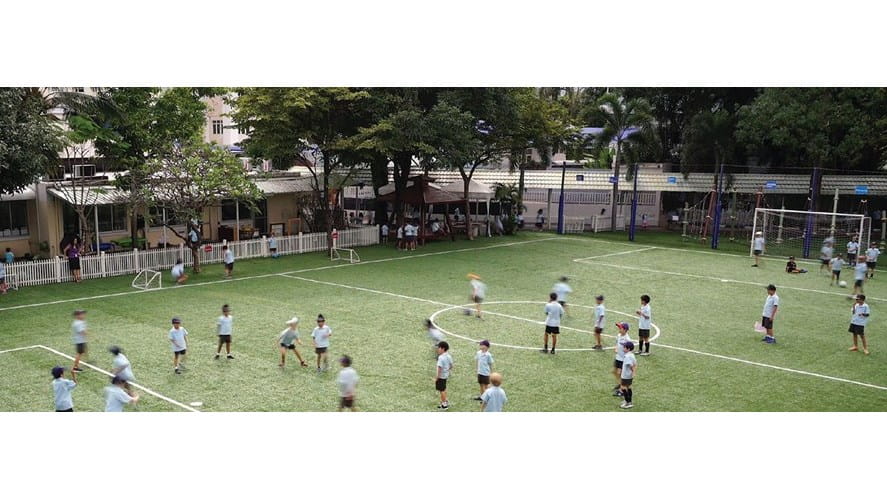
As we wait for school inspection, our plans for a safe reopening are ready and available for you to read. Part of the plan is to calculate how many children will return to physical school by surveying the STA community. Alongside this, Dr Erik, a new STA parent who has vast knowledge and experience in Infectious Diseases/Regenerative Medicine has been kind enough to review our reopening plans and offer helpful feedback. Also, Dr Erik has provided very useful answers to some frequently asked questions about Covid-19 and children.
Last Friday we sent home the details of the reopening plans for our school. This reopening plan is with the MOE, OPEC and the Department of Disease Control, and we are waiting for them to send a team to inspect our school and evaluate our readiness to open. The reopening plan links are here again just in case anyone has missed the email last Friday.
A part of our plan is knowing how many parents will be likely to send their children back to school if we are given a date to open. There is a survey asking each family what they would like to do should coming physically back to school become an option in the near future. Being able to reliably predict the number of children and students wishing to return to face to face teaching will give us further information we can use to mould our plans. Please open your parent Moodle account and complete this section of the Health App which appears at the top of your home page. There are also sections where you can provide information about your family vaccination status and to report a Covid case in your family. We encourage everyone to complete these sections. Again, your information can give us evidence to show that our community is suitably protected through vaccination.
We have been very fortunate to have Dr Erik Fleischman join our school community. Dr Erik has a vast amount of knowledge and experience and has been kind enough to review our reopening plans and offer very helpful feedback. Additionally, Dr Erik prepared the article below to help address some frequently asked questions about Covid-19.
Covid-19 and Children: Frequently Asked Questions and Facts
by Dr. Erik Fleischman
Dr. Erik Fleischman is an Infectious Diseases/Regenerative Medicine specialist from the USA. He has been working with epidemic diseases around the world for nearly 30 years including HIV/AIDS, Ebola, H1N1, SARS, MERS, Tuberculosis, Malaria and Hepatitis. He is the former Medical Director of Bumrungrad International Hospital and was a Senior Advisor for the Clinton HIV/AIDS Initiative worldwide. He is currently the Executive Medical Director of Bangkok Anti-aging Center and a Consulting Physician for Teladoc Health International. He is also the father of a student at St Andrews.
I have been treating and consulting on Covid-19 for 18 months.
In most diseases that makes someone a novice, but with Covid-19 those of us who have been involved in treatment and prevention of the disease since the start have been on a steep learning curve. But never have we been given so much information so quickly to digest and to use as reasonably as possible with an ever-changing virus and disease scenario.
In the beginning of Covid-19, our greatest concerns were with the elderly and the at-risk population. It appeared that Covid-19 was less infectious to children, less lethal and less contagious. Studies of school children in the beginning of the epidemic confirmed this. Then came the DELTA variant. And some – not all – of the rules changed.
You should know a few facts about the DELTA variant and why it became more of an infectious concern. The main and probably prominent reason that DELTA became more contagious is that it puts far more virus in the nose and airways of those infected. It is not resistant to treatment and is not more deadly than other forms of Covid-19. There is just so much more of it to spread so logically it can reach more people as more virus is spread into the air. Plain and simple.
DELTA is also infecting people who have already been vaccinated, but the infections in general have been mild to moderate and most importantly do not require hospitalization, ICU stays and ventilators. This is the key point!
90-97% of serious Covid-19 cases in the hospitals and doctors that I've surveyed have confirmed to be in unvaccinated people or have not completed vaccination.
Let's discuss Covid-19 in children. There are many questions including proper prevention, treatment and vaccination. Let's review the most frequently asked questions.
Is COVID-19 a dangerous infection in children?
In the ranking of severe childhood diseases, Covid-19 is not considered to be a deadly disease to children. Children have been the least clinically affected by Covid-19. The cumulative death rate for children is no more than 0.25% of all deaths. This is lower than the childhood death from flu historically.
Also, we must realise that the treatments available from a year ago have progressed significantly. However, we also know that many of these treatments have not yet been adopted in Thailand. Should your child get Covid-19, please do not panic!
What are the signs and symptoms that my child might have with Covid-19?
The most dominant symptoms of infection will be fever up to 39 degrees. This is usually followed by a dry cough and possibly sinus symptoms as well. There may be loss of smell and loss of taste, but this is likely to be more pronounced in older children than young. In many cases there can be asymptomatic Covid-19 infections, but in my experience the majority of children will present with a fever and headache when they are truly infected with the virus. They will feel tired and maybe a bit achy as well. The usual length of days the child will be sick is 6 days in older children and a bit less in younger children. The strong and responsive immune systems in younger people account for the less severe disease. Oh to be young again!
What should I do if my child develops symptoms that could be Covid-19?
First, don’t panic! I have not only advised on treatment for children with Covid-19, but have had the experience with my own child. First thing to do is to isolate your child from the rest of the family in a room and put a mask on the child. If the ATK comes back negative, continue to keep the child isolated and test again in 6-10 hours. Keep the children at home until you are sure of the results. A hospital or clinic can confirm the result with an RT-PCR test. In the grand majority of the cases, IT IS NOT NECESSARY TO BRING YOUR CHILD TO THE HOSPITAL FOR TREATMENT. The only reason to bring a child to hospital is if there are breathing difficulties, severe lethargy, shortness of breath or other worrisome symptoms. Please know that these are rare in children. Hospitalization is only for Covid-19 cases with severe symptoms (in most cases breathing) that cannot be managed at home. In most cases your child will complain of the same symptoms as when they are stuck at home with the flu. They can be cranky, sleepy and have some headache. These can usually be treated symptomatically in the same way you treat the flu or common cold. We will discuss these below.
Are there treatments for children who get Covid-19?
We manage Covid-19 infections in children with the same principles that we manage the flu: lower the fever, administer sore throat and cough medicine if needed, and get plenty of rest and fluids. The special exception I would mention would be for children who have been diagnosed with Asthma previously. Asthma can be worsened potentially during Covid-19 infection and strict adherence to their Asthma treatment should be followed and monitored during the period of illness. Local over-the-counter medicines such as antihistamines, decongestants, Ibuprofen, Paracetamol can be helpful.
Children should be on vitamins such as Vitamin C, Vitamin D (this enhances lung function and strength), B complex vitamins and Zinc. It is a good idea to start these vitamins now as they can enhance immunity and resistance to infection.
If you have any questions about their use, please consult your doctor by phone. Keep your children well hydrated and at rest with lots and lots of sleep time. I will point out again that it is an extremely rare incident that requires children to go to hospital, but of course, parents must use their best judgment.
How will I know if my child is well enough to return to school?
A confirmatory PCR swab test of the nose or throat must be done and confirm NEGATIVE for Covid-19 to know that the child is no longer infectious. In most cases this occurs within 10 days after the start of symptoms, but most public and private companies require 14 days of isolation to be certain there is less chance of spread.
Your child may have symptoms that last longer even after he or she has tested NEGATIVE for Covid-19. Do not be overly concerned. There can be a persistent cough and some persistent tiredness. This is from the inflammation and irritation of the body from the virus even after it has been cleared from the body. It will pass with time and can be treated symptomatically.
What does the Crystal Ball say about going forward?
Thailand is a bit behind the West in terms of opening up and reaching critical vaccine percentages in adults. But when we look at the countries that have reached these critical levels (USA and Great Britain) we see that while there are still a number of infections, there are much less hospitalizations, less need for ICU care and less use of ventilators for patients. In the highly vaccinated urban and suburban areas of the USA there are very few hospitalizations at all for Covid-19 and they are learning to “live with the virus” successfully in terms of proceeding with a fairly normal daily life. I believe this is an attainable future in Thailand when we can also reach that critical level of effective vaccination. Remember that the vaccines will likely not completely eradicate Covid-19 (as we hoped!), but the goal here is to reduce the death and hospitalizations to very, very low levels-- especially in the groups as most risk: elderly, chronically ill, obese, and immune suppressed.
In the areas of the world where I consult, I can tell you that my own survey of doctors in busy hospitals reveals that over 90% of the very sick patients (those requiring ventilators and multiple treatments) are either unvaccinated or have not completed vaccination. There is now a clear relationship and trend of less severe illness following vaccination.
Thank you to Dr Erik who has a huge amount of experience in this very important area. This is incredibly useful information that reassures us all that we are entering a phase of understanding Covid-19 which through vaccination can and is being brought under control and should allow Thailand like other parts of the world to return to a more normal way of life in the near future and then hopefully going forward together safely.
For parents with enquiries, please contact support@standrews.ac.th. You can also call the Primary School directly at +66 2 381-2387-8 or the High School at +66 2 056-9555.



